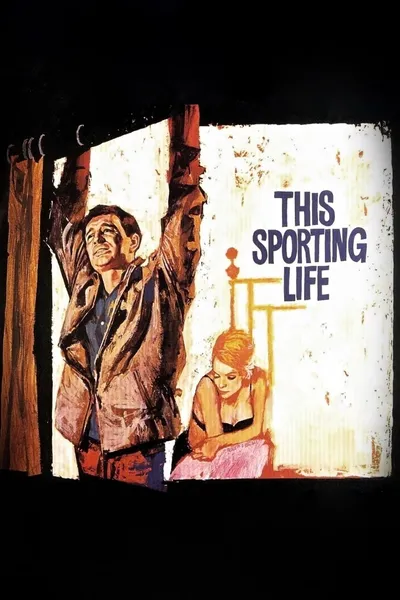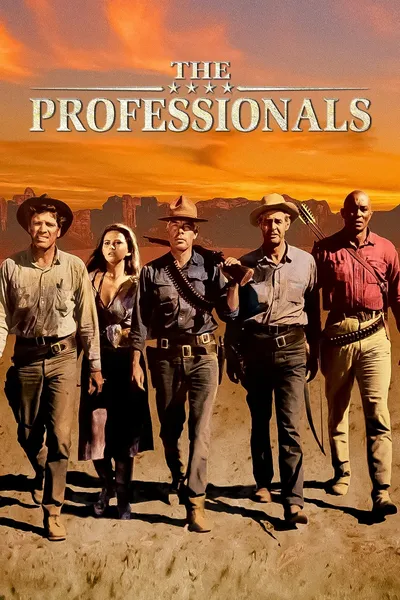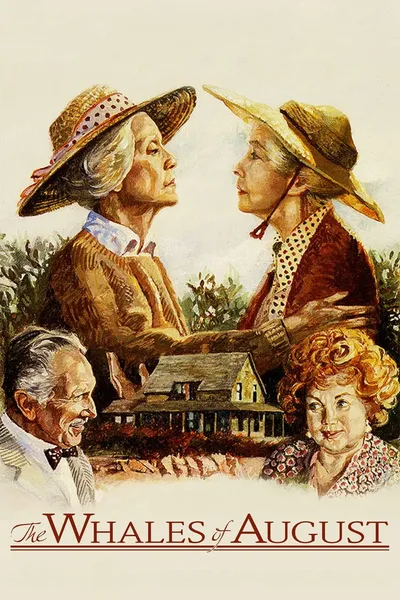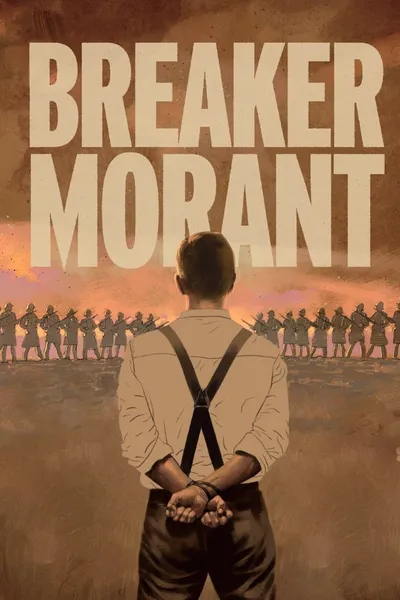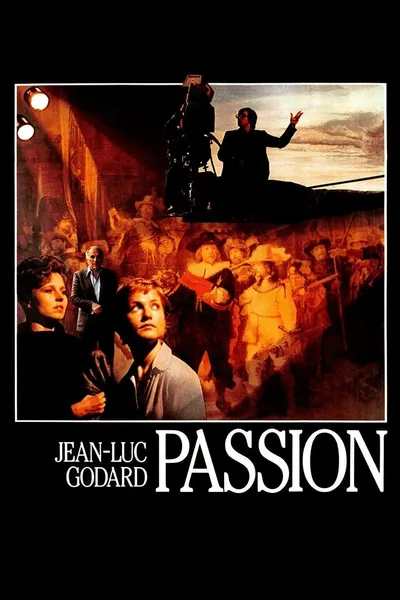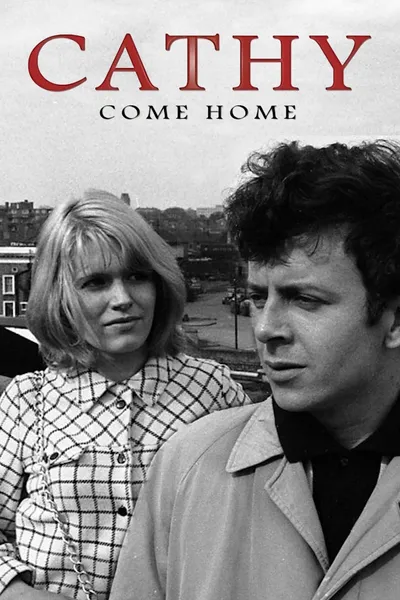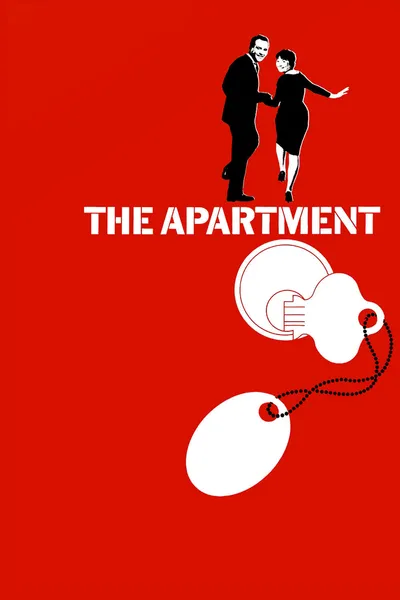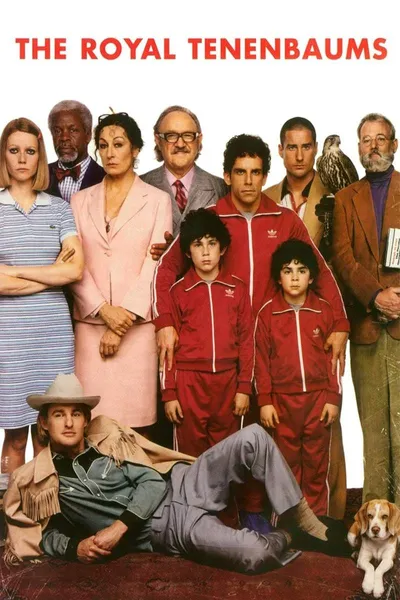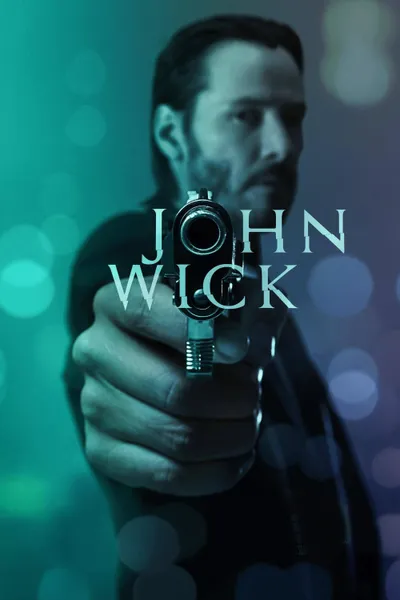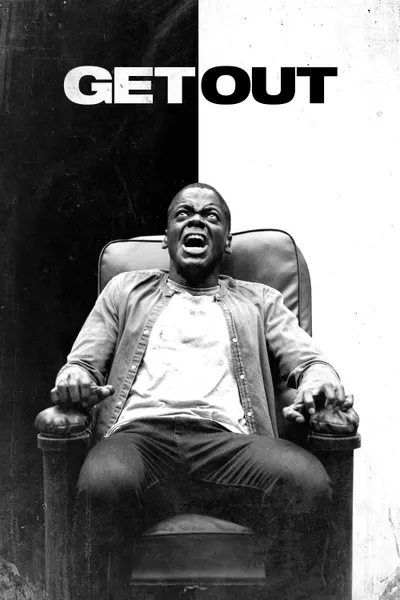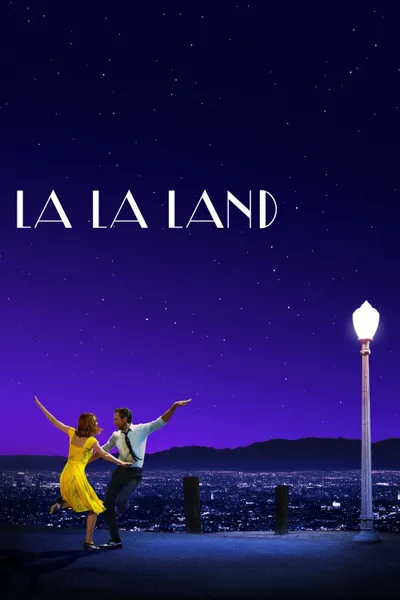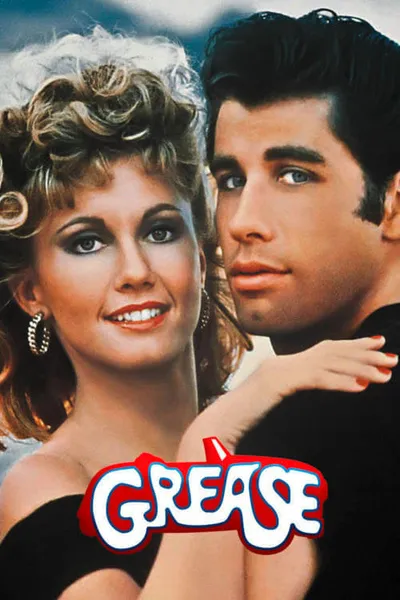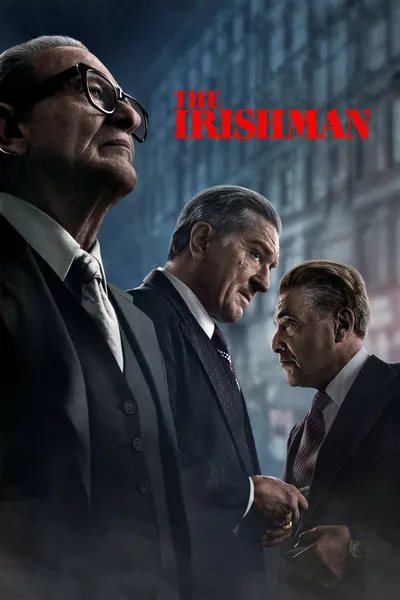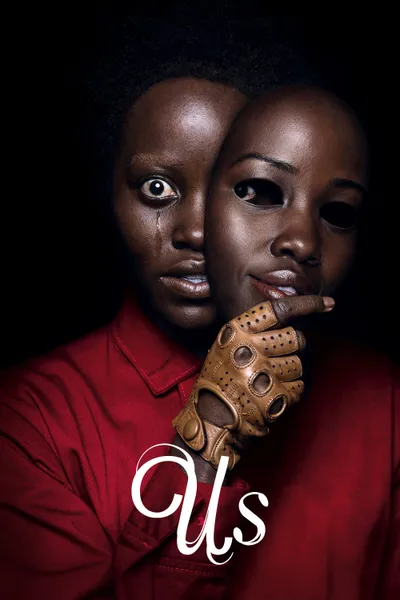Reviews


John Chard
September 26, 20149.0
It's about time you took that rock of weight off your shoulders.
This Sporting Life is directed by Lindsay Anderson and written by David Storey. It stars Richard Harris, Rachel Roberts, Alan Badel, William Hartnell, Colin Blakely, Vanda Godsell and Anne Cunningham. Music is by Roberto Gerhard and cinematography by Denys Coop.
Frank Machin (Harris) gets the opportunity to utilise his brute strength and angry nature out on the Rugby League field. It looks a match made in sporting heaven as Machin quickly establishes himself as a star in waiting, but off the field he is less successful at life's challenges...
You taking the jam out of someone's sandwich without asking for it?
Pigeon holed as Brit Kitchen Sink Drama or Brit New Wave, This Sporting Life is regardless a very unique and powerful film. It was director Anderson's first full length feature and also Harris' break out performance. What transpires over the course of the two hour plus running time, is a tale of mud, blood and emotionally fractured characters. Set to a grim back drop of a damp Yorkshire city, with coal mines and factories the means of employment, the streets are paved with stone and the terraced houses charred by the soot of the chimney smoke.
Just a big ape on the football field.
This back drop marries up perfectly with Machin's life, where even out on the pitch he comes to understand that he's in a vortex of unfulfillment. There are some bright spots dripped into proceedings, hope dangled like a golden carrot, especially with one beautiful sequence as Frank plays with Margaret's (Roberts) kids, but bleakness is never far away, the story demands that. Margaret is his landlady and object of his brutish desire, she's one of life's warriors but struggling to keep up the good fight. Widowed and still burned by her husband's death, her relationship with Frank is heart aching in its hopelessness. Has the polishing of a pair of boots ever been so sad as it is here?
Harris is a revelation, a tour de force, feral yet anguished, all coiled up in one hulking frame. Roberts, likewise, is terrific, a measured and layered turn that helps to bring the best out of Harris. Around the central pair are a roll call of grand British actors aiding the quality of the production, while Anderson and his editor Peter Taylor use brilliant bold-cut transitions to let the flashback narrative work its magic. From the whack of an arm thundering into Machin's teeth at the beginning of the film, to his punching of a spider on the wall at the end, this is a 1960s British classic of some considerable worth. 9/10

CinemaSerf
January 7, 20257.0
Richard Harris is on great form here as the aspiring rugby league player "Frank" in a northern English town who is about to hit the big time. An enormous payment of £1,000 is offered and that's going to change not just his life, but possibly that of his landlady "Mrs. Hammond" (Rachel Roberts). She's quite a distant widow who keeps a low profile but he's interested in her, despite her dour exterior. Yes, in a physical way - but also because he desperately wants her to start to live again. With his new career comes cash, acclaim and success but there's also an emptiness as he seeks some greater sense of validation or purpose, and as that search proves elusive he descends into a drink fuelled abyss. His boss is the calculating and wealthy "Weaver" (Alan Badel) who cares not for the man at all, only for results and he's married to the bored Vanda Godsell who wouldn't mind a little fun with their tough new protégé either. As to the cause of the widow's unhappiness? Well rumours abound as to the cause - accidental or otherwise - of her late husband's death and those seem destined to map out her life - unless she and he can, perhaps, break that cycle of depression and find happiness? It's violent - both in spirit and delivery, and it clearly demonstrates the attitudes supporting a prevailing atmosphere of "acceptable levels" of domestic violence as the emotions of love, lust and anger vacillate for control of this immature young man, but it also features a subtle degree of decency and even respect deep down in there, too. There's quite a poignant effort from William Hartnell as his well-meaning but rather ineffectual dad and Colin Blakely also delivers well as his best pal "Maurice" who serves as a useful foil for the turbulent "Frank" as the story evolves. It's a social commentary, but not so much one on society at large as such but more of the grasping and unfilled nature of human life, frustration and exasperation and Harris really does imbue that compellingly.
Recommendation Movies
The Professionals1966
Mountains May Depart2015
The Whales of August1987
Breaker Morant1980
Godard's Passion1982
Cute Girl1980
Nixon1995
Cathy Come Home1966
The Apartment1960
The Royal Tenenbaums2001
John Wick2014
Joker2019
Get Out2017
The Shawshank Redemption1994
2001: A Space Odyssey1968
La La Land2016
Grease1978
Forrest Gump1994
The Irishman2019
Us2019
© 2025 MoovieTime. All rights reserved.Made with Nuxt
